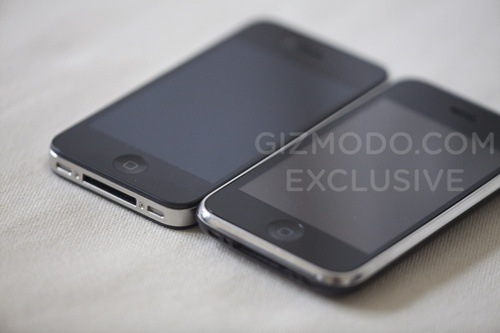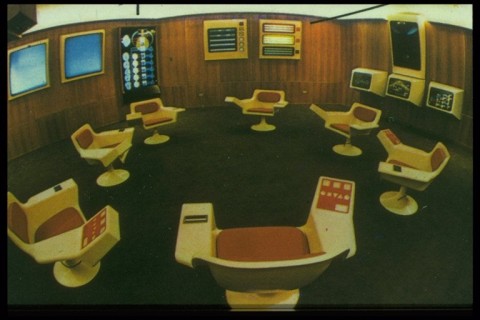Apple Computer has been accused of exploiting child labour, indirectly, in factories that make iPods and iPhones. This is a serious charge, and the moral outrage it provokes is understandable. It evokes images of Victorian factories (those “satanic mills”), with children as young as seven or eight being starved and abused in horrific conditions.
However, the term “child labour” isn’t particularly exact, as Whit points out:
What I found most interesting was the “child” part — when I was 15 I would have slugged anyone who called me a child. During the summer of my 15th year, I was working in our metal stamping plant where the highest temperature reached 103 F (40 C). I had my first factory job when I was 14 turning wheels on a lathe. My Father never read child-labor laws, and thank God for that. It was an invaluable experience that I am sad to say I won’t be able to give to my son.
I can remember in 1998 visiting a factory for a major automotive supplier in Taiwan. There were 14 year old boys working on the lines making seat belt assemblies. I asked about it and found that they were students at the local technical school. They worked half a shift on the line and spent the rest of the day in class studying engineering. Today, 12 years later, they would be around 26 with degrees in mechanical engineering and over a decade of hands-on experience. I imagine some of them are running plants in China now.
So, there are the imagined children in a Dickensian hell, and there are teenagers (“young adults” in some situations) doing co-op terms in factories. Remember that our ideas about appropriate ages to leave school and work in factories or on farms have changed dramatically over the last two generations. Our grandparents wouldn’t have batted an eye at 14-year-olds working in factories. For most of their contemporaries, the concept of “teenage years” just didn’t have any particular cultural meaning. You were a child, you went to school, then you left school and got a job.
Even 60 years ago, however, they would have objected to under-12’s working away from home (but not on the family farm . . . farming families still looked at kids as extra working hands).
I understand that Apple is worried about its image, and I acknowledge that those eleven 15 year olds may not have wanted to be there. But there is a big difference between a 15 year old farm kid fibbing about his age to get a good factory job to help support his family and using 6 year old slave labor in an illegal fireworks factory in Sichuan. It would be nice if the amazingly flexible English language had a concise way of stating the difference. I think “under-aged labor” is more reflective of the reality of the situation.
It’s also not to excuse bad employers or condone involuntary labour (permitted in some developing countries).





